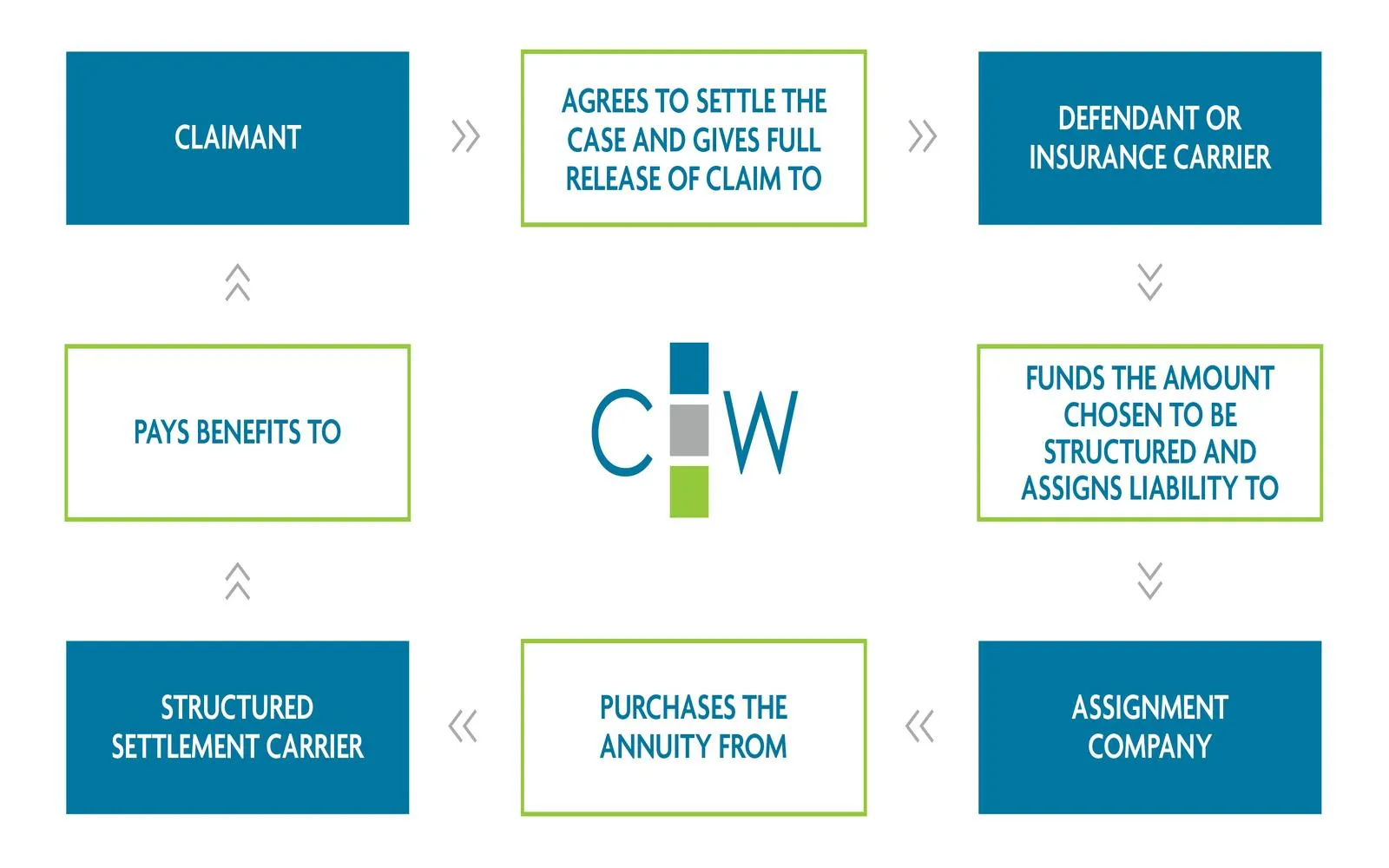Understanding the Basics of Senior Health Insurance
As we age, the significance of having appropriate health insurance becomes increasingly critical. Senior health insurance encompasses various plans tailored to meet the unique needs of aging adults. It is essential to grasp the basic types of coverage available and how they work to make informed decisions.
Types of Senior Health Insurance Plans
There are several types of health insurance plans available for seniors, each offering distinct advantages and coverage options. Below is a breakdown of the most common types:
- Medicare: This federal program provides health coverage primarily for individuals aged 65 and older, covering hospital stays, medical services, and prescription drugs.
- Medicaid: A state and federal program that assists low-income seniors with healthcare costs. Eligibility varies by state.
- Medicare Advantage Plans (Part C): These plans are alternatives to Original Medicare and often include additional benefits like vision, dental, and hearing coverage.
- Medigap: Also known as Medicare Supplement Insurance, Medigap policies help cover some costs not included in Original Medicare, such as copayments, coinsurance, and deductibles.
Important Considerations When Choosing a Plan
Choosing the right senior health insurance plan requires careful consideration of several factors. Here are some key insights to keep in mind:
- Health Needs: Evaluate your current health status and any anticipated medical needs, which will help determine the level of coverage required.
- Budget: Consider both monthly premiums and out-of-pocket costs, such as deductibles and coinsurance, to ensure the plan fits within your financial means.
- Network Providers: Check whether your preferred doctors and hospitals are included in the plan's network, as out-of-network care can lead to higher costs.
- Prescription Coverage: Ensure that any medications you take are covered under the plan's formulary, as this can significantly affect your overall healthcare costs.
Comparing Medicare Options
Medicare is a cornerstone of senior health insurance in the United States, and it is vital to understand its various parts:
| Medicare Part | Description | Coverage |
|---|---|---|
| Part A | Hospital Insurance | Covers inpatient hospital stays, skilled nursing facility care, hospice, and some home health care. |
| Part B | Medical Insurance | Covers outpatient care, preventive services, and some home health care. |
| Part C | Medicare Advantage | Combines Parts A and B, often including additional benefits. |
| Part D | Prescription Drug Coverage | Covers prescription medications through private insurance plans. |
Eligibility for Medicare and Medicaid
Eligibility for senior health insurance programs such as Medicare and Medicaid generally depends on age, income, and specific criteria set by each program. Here’s a brief overview:
- Medicare: Most individuals are eligible when they turn 65, though younger individuals with disabilities may qualify after receiving Social Security Disability Insurance (SSDI) for 24 months.
- Medicaid: Eligibility is determined by income and asset levels, which vary by state. Many states have expanded Medicaid under the Affordable Care Act, providing coverage to more low-income seniors.
Enrollment Periods for Senior Health Insurance
Understanding enrollment periods is crucial to securing the right senior health insurance coverage:
- Initial Enrollment Period: This is a 7-month period surrounding your 65th birthday when you can first enroll in Medicare.
- Open Enrollment Period: Typically occurs from October 15 to December 7 each year, allowing seniors to make changes to their Medicare plans.
- Special Enrollment Periods: Certain life events, such as moving or losing other health coverage, can qualify you for a special enrollment period.
Tips for Navigating Senior Health Insurance
Navigating the complexities of senior health insurance can be daunting, but the following tips can help simplify the process:
- Consult a Professional: Consider speaking to a licensed insurance agent who specializes in senior health insurance to better understand your options.
- Utilize Resources: Websites like Medicare.gov offer valuable information about Medicare and related programs.
- Review Annually: Health needs and insurance options can change, so it's vital to review your plan every year during the open enrollment period.
Final Thoughts
Choosing the right senior health insurance is a critical decision that significantly impacts your overall well-being. By understanding the options available, evaluating your health needs, and utilizing available resources, you can make informed choices that best suit your needs as you age.









